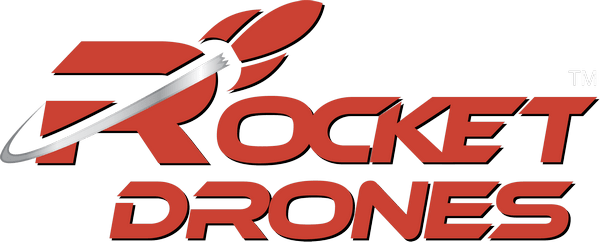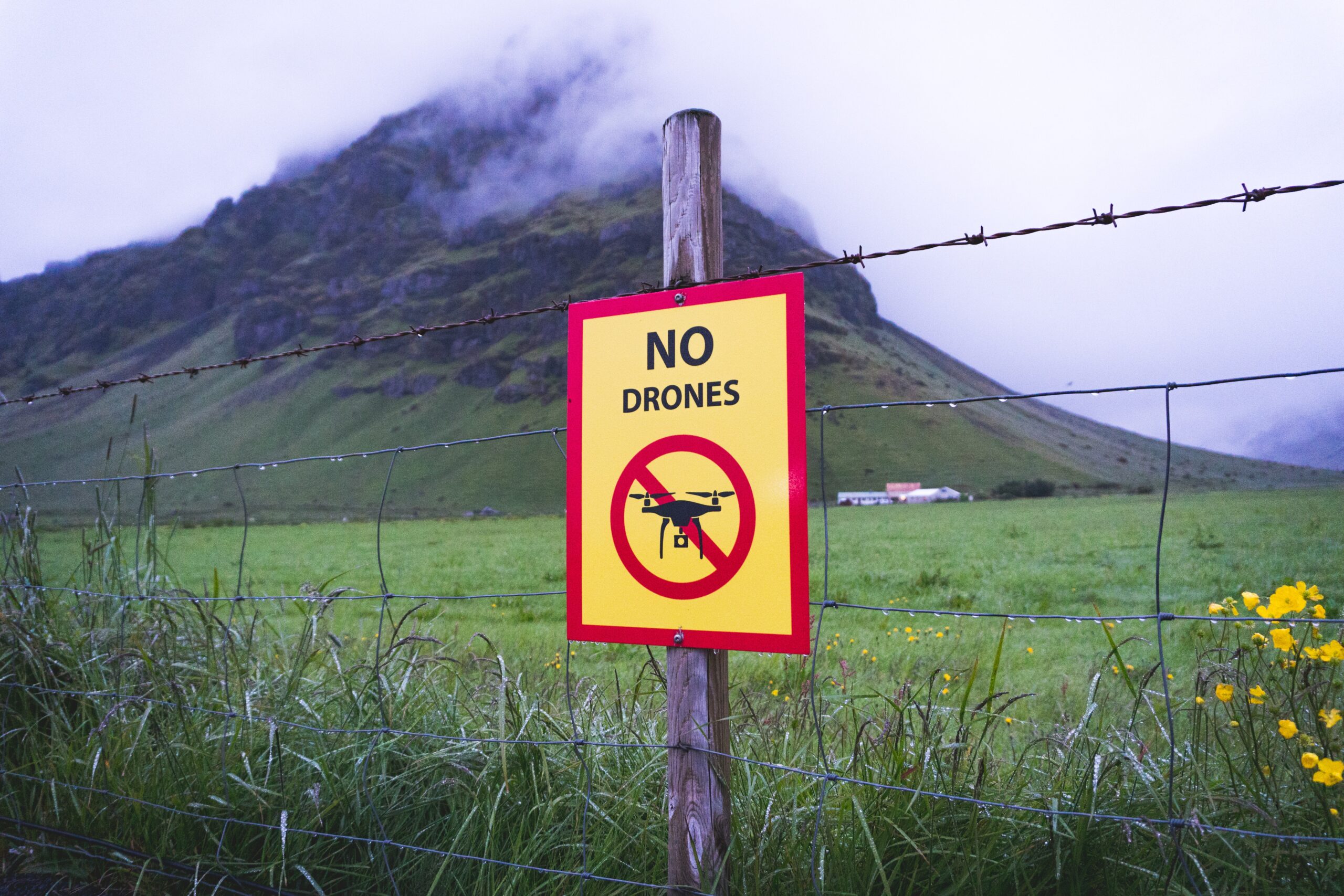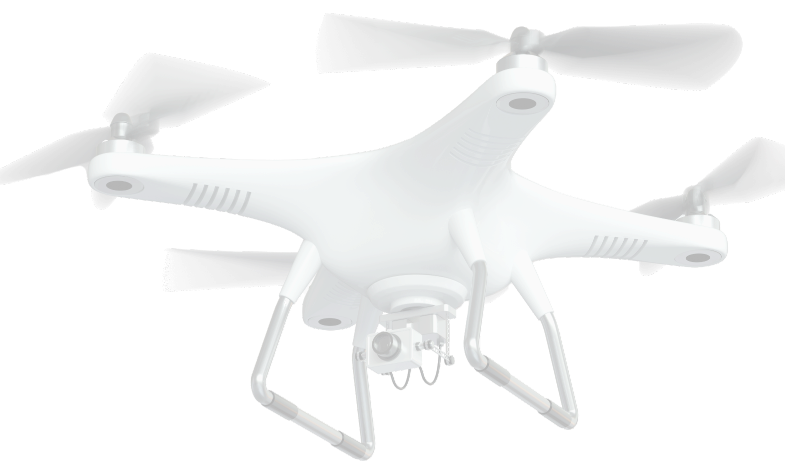
How Will the 2024 National Defense Authorization Act Affect Drone Careers
The 2024 National Defense Authorization Act (NDAA) represents a significant legislative milestone, setting forth policies and budgetary guidelines for the United States’ defense-related activities. Among its wide-ranging provisions, the Act has introduced pivotal changes directly impacting the burgeoning commercial drone industry. This article delves into the nuances of the 2024 NDAA, specifically focusing on its implications for commercial drone careers.
Background on the 2024 National Defense Authorization Act
The 2024 NDAA is a comprehensive piece of legislation that outlines the budget, expenditures, and policies of the U.S. Department of Defense. Several sections of this extensive document are dedicated to unmanned aerial systems (UAS), commonly known as drones. These sections address various issues, from operational guidelines to funding allocations, reflecting the increasing importance of UAS in both military and civilian contexts. The Act sets the stage for enhanced utilization of drone technology in national defense and indirectly influences the commercial drone sector, which is closely intertwined with regulatory and technological advancements in the field.
Impact on the Commercial Drone Industry
The 2024 NDAA’s influence on the commercial drone industry is multifaceted, affecting everything from regulatory frameworks to market opportunities. One of the most significant impacts is the potential alteration in drone operation regulations. These changes could streamline the process for commercial drone usage, making it easier for businesses to integrate drones into their operations. Conversely, there could be more stringent regulations in certain areas, particularly related to national security, which might impose additional compliance requirements on commercial operators.
However, the Act could also impose restrictions, particularly in sensitive areas or industries with paramount security concerns. These restrictions might limit the scope of commercial drone operations in certain contexts, requiring operators to adapt to a changing regulatory landscape. Still, it isn’t likely to impact non-federal drone usage, such as drone racing.
One important thing to note about the NDAA, is that it includes language that could prevent federal agencies from using drones manufactured in countries viewed as a potential national security threat. This could lead to fewer commercial drone industries using drones manufactured in China. Drone powerhouse DJI, would fall into this category, meaning any federal agency using DJI equipment would have to shift gears and begin using drones from other brands.
Challenges and Considerations
While the 2024 NDAA catalyzes growth in the drone industry, it also presents challenges. Commercial drone operators must navigate a complex web of regulations, which may become more stringent or evolve rapidly. Staying compliant while adapting to new rules is a significant challenge. Additionally, there are ethical considerations, particularly in surveillance and data collection, where privacy concerns are paramount. Balancing national security concerns with commercial interests is another critical area. Drone operators and companies must ensure that their operations do not impinge on security-sensitive zones or activities, requiring constant vigilance and adaptation to legal frameworks.
Final Thoughts on the 2024 National Defense Authorization Act
The 2024 National Defense Authorization Act marks a transformative phase for commercial drone careers, introducing opportunities and challenges. It paves the way for new roles and growth in various sectors while demanding heightened attention to regulatory and ethical standards. For professionals in the drone industry, adapting to these changes will be key to leveraging the opportunities presented by this evolving landscape.
The biggest takeaway is that this bill will not prevent federal organizations from using drones, although it may restrict the types of drones they can use. Drone pilots will be more necessary than ever, and will need proper drone education and a drone license to land a job with unmanned aerial vehicles.
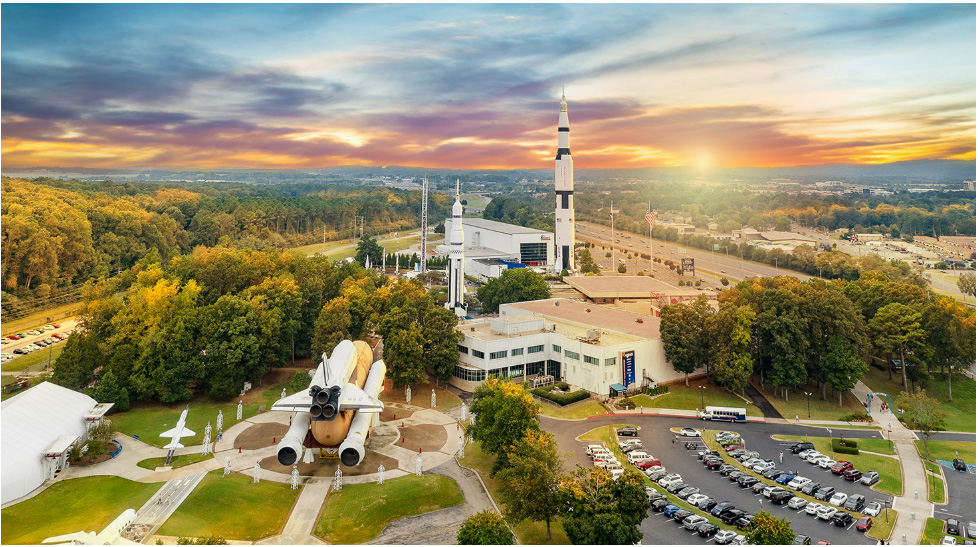
Nationals 2026
is around the corner.
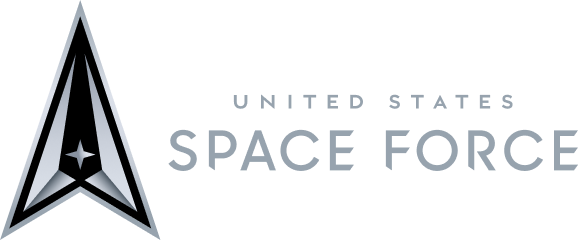
Aerial Perspectives Podcast

Discover the exciting world of drones with Aerial Perspectives! Each episode takes you behind the scenes with drone pilots from diverse industries–cinematography, construction, inspection, agriculture, and more.




